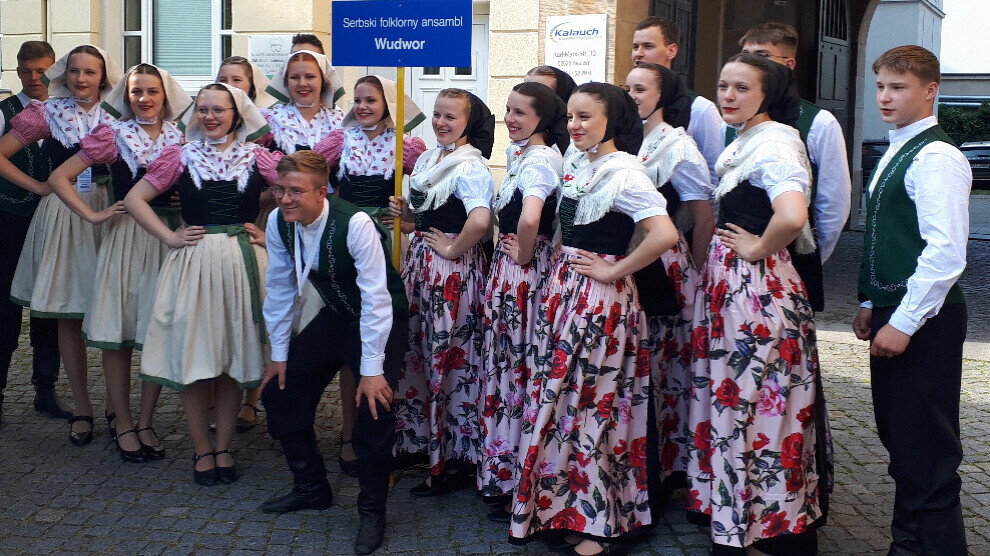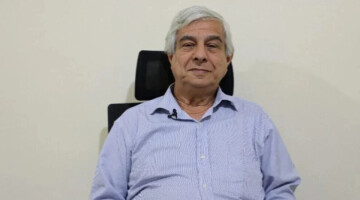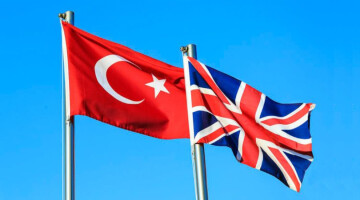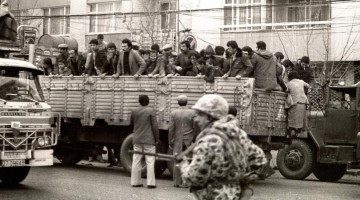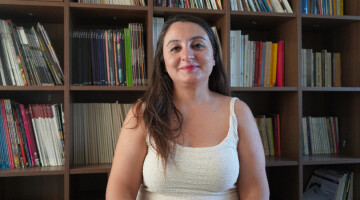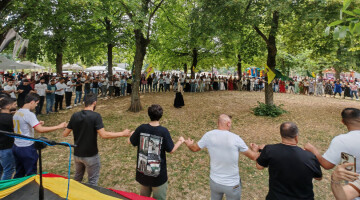The "International Folklore Festival LUŽYCA-LUŽICA-LAUSITZ" took place from 6 to 9 July. In Bautzen, Drachhausen and Crostwitz, thousands of guests danced, played music and celebrated with 18 folklore groups from Saxony and abroad. Even though Sorbian culture was the focus of the festival, folklore groups not only from Lusatia took part. Groups had travelled from Catalonia, Romania, the Czech Republic, Poland, Serbia and Estonia to take part in the event. The festival began with music and dance in the centre of Bautzen and was followed by the following days in Drachhausen and Crostwitz.
Lusatia invited folklore groups to an international exchange for the 14th time in the last 28 years. The festival has a special significance for Lusatia and the Domowina, the Association of Lusatian Sorbs. Folklore, as Dawid Statnik, chair of the Domowina, puts it, is also always politics: "Folklore stands for something that functions beyond language. A traditional costume and a song, you can watch that even if you don't understand the language. That's why culture is always cultural politics for us.For us, the festival stands for openness, for multilingualism in Lusatia, where Germans and Sorbs live peacefully together. And we hope that this festival will help to ensure that this culture of multilingualism and openness lives on, especially here in Saxony and Brandenburg. So we are happy to have so many guests here to show that Lusatia is a colourful region."
Against the loss of language and culture
But as lively as the festival was, the problems of Sorbian society are huge. The increasing loss of language and culture is noticeable, not least because of the destruction of more than a hundred villages that had to make way for open-cast coal mining. Residents of Crostwitz, who have accompanied the festival for many years, spoke of an increasing weakening of Sorbian life in the region. But they proudly watched their children and grandchildren dance and sing on the stage in the parish courtyard. There, the Sorbian national ensemble "FOLKLORA" also presented its performances, including scenes from "Krabat" by Otfried Preußler, a play that has become an important part of Sorbian culture. The fact that young people continue to maintain the Sorbian culture and some of them move back to the region after their studies also gives hope to the older residents of Crostwitz.
However, the significance of the festival goes far beyond Lusatia and the Sorbian community. Especially in times of increasing nationalism and conflicts, "tradition and folklore is always also a way to overcome borders and discover the things we have in common together," says Dawid Statnik. "I think culture and folklore is a good answer to the problems we have at the moment. Because here, in the context of the festival, everyone is equal. You stand together on stage. And that is an important sign. We must not let ourselves be overwhelmed by the problems of the time. Yes, they have to be solved! But we also have to take a breath and that is what folklore and culture always stand for."
And so the festival ended on Sunday in an atmosphere of unity between the different cultures, across borders. And it is already clear: in June 2025, guests and folklore groups will come together again for the "15th International Folklore Festival LUŽYCA-LUŽICA-LAUSITZ".

